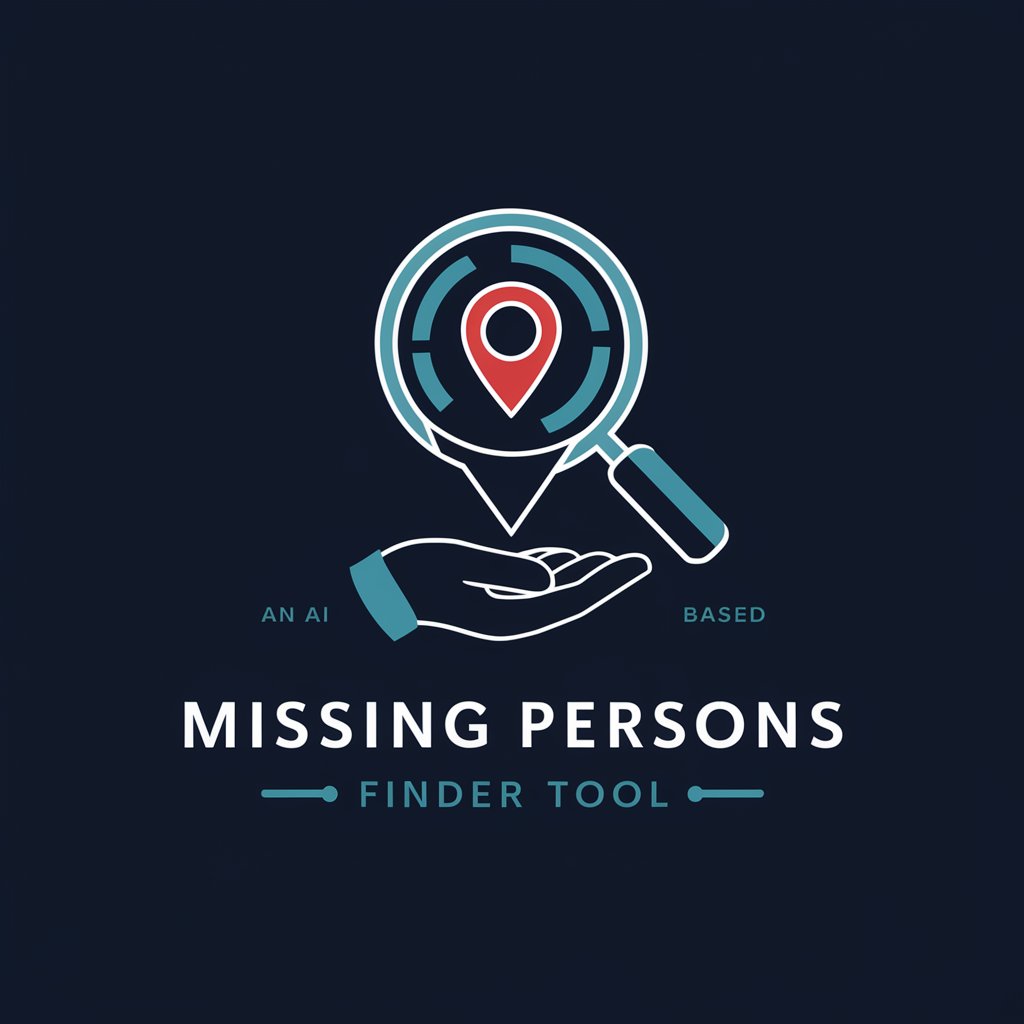8 GPTs for Investigative Research Powered by AI for Free of 2026
AI GPTs for Investigative Research are advanced tools designed to assist in the collection, analysis, and interpretation of data for investigative purposes. Utilizing Generative Pre-trained Transformers, these tools are tailored for deep research tasks, offering solutions that range from data mining to predictive analysis. They are integral in uncovering patterns, generating insights, and providing comprehensive summaries, making them invaluable in fields that require meticulous investigation and analysis.
Top 8 GPTs for Investigative Research are: Help Find Maura Murray,JournalistGPT,True Crime Stories,eDiscovery Ideator,Find Me AI,FBI Watchdog,🕵♂️ Duke Detective lv3.3,Missing Persons Finder
Help Find Maura Murray
Unraveling mysteries with AI-powered analysis.

JournalistGPT
Elevate Your Storytelling with AI

True Crime Stories
Unravel mysteries with AI-powered analysis.

eDiscovery Ideator
Transforming eDiscovery with AI

Find Me AI
Empowering searches with AI-driven insights.

FBI Watchdog
Stay informed on FBI activities with AI

🕵♂️ Duke Detective lv3.3
Revolutionizing Cold Case Investigations with AI

Missing Persons Finder
Harness AI to Find Missing Persons

Essential Attributes of AI GPTs for Investigative Purposes
AI GPTs for Investigative Research stand out due to their adaptability, precision, and extensive capabilities. These tools are equipped with advanced language models, enabling them to understand and generate human-like text. They can perform web searches, analyze large datasets, create informative images, and support technical queries. Their flexibility allows for customization from straightforward data collection to complex analytical tasks, making them ideal for a wide range of investigative research needs.
Who Benefits from Investigative AI GPT Tools
AI GPTs for Investigative Research cater to a diverse audience, including novices, developers, and professionals in investigative fields. These tools are designed to be accessible to users without coding skills, offering intuitive interfaces and guided processes. Simultaneously, they provide advanced customization options for those with technical expertise, making them a versatile resource for anyone engaged in investigative research.
Try Our other AI GPTs tools for Free
Type Selection
Discover the power of AI GPTs for Type Selection, advanced tools designed to optimize decision-making and categorization across various domains through intelligent analysis and tailored recommendations.
Pet Transformation
Discover AI GPTs for Pet Transformation: a revolutionary tool transforming pet care through advanced AI technology, designed for everyone from pet owners to professionals.
Tax Calculations
Discover how AI GPTs for Tax Calculations can transform tax planning and compliance with accurate, efficient, and personalized tax solutions.
Retail Discounts
Discover how AI GPTs for Retail Discounts can transform your promotional strategies with tailored, effective solutions for optimizing sales and customer engagement.
Report Customization
Unlock the power of tailored reporting with AI GPTs for Report Customization, offering intuitive, adaptable, and insightful solutions for professionals across all sectors.
Hashtag Research
Explore how AI GPTs revolutionize hashtag research, offering automated, data-driven insights for optimal social media engagement.
Further Exploration of Customized Investigative Solutions
AI GPTs for Investigative Research are not just tools but partners in exploration, offering user-friendly interfaces and the ability to adapt to various sectors. Their integration into existing systems streamlines workflows, making the investigative process more efficient and effective. This customization and flexibility ensure that they can meet the unique needs of different investigative domains.
Frequently Asked Questions
What are AI GPTs for Investigative Research?
AI GPTs for Investigative Research are specialized tools that leverage Generative Pre-trained Transformers to facilitate detailed investigation and analysis, providing tailored solutions for data collection, pattern identification, and insight generation.
Who can use these AI GPT tools?
These tools are designed for a broad audience, from novices seeking straightforward data analysis to developers and professionals needing advanced investigative capabilities.
Can AI GPTs analyze large datasets?
Yes, these tools are equipped to handle and analyze large datasets, identifying patterns and generating insights with high efficiency.
Do these tools require coding skills?
No, AI GPTs for Investigative Research are designed to be user-friendly for those without coding skills, while also offering customization options for users with technical expertise.
How do AI GPTs support investigative research?
They support investigative research by providing advanced data analysis, web searching capabilities, image creation, and technical support, making it easier to uncover insights and draw conclusions.
Can these tools be integrated into existing systems?
Yes, many AI GPTs for Investigative Research can be integrated into existing workflows or systems, enhancing their research and analysis capabilities.
What makes AI GPTs unique for investigative purposes?
Their ability to adapt from simple to complex tasks, alongside their language understanding and generation capabilities, make them uniquely suited for investigative research.
Are there customization options for more advanced users?
Yes, these tools offer advanced customization options, allowing users with technical skills to tailor the tools to their specific research needs.